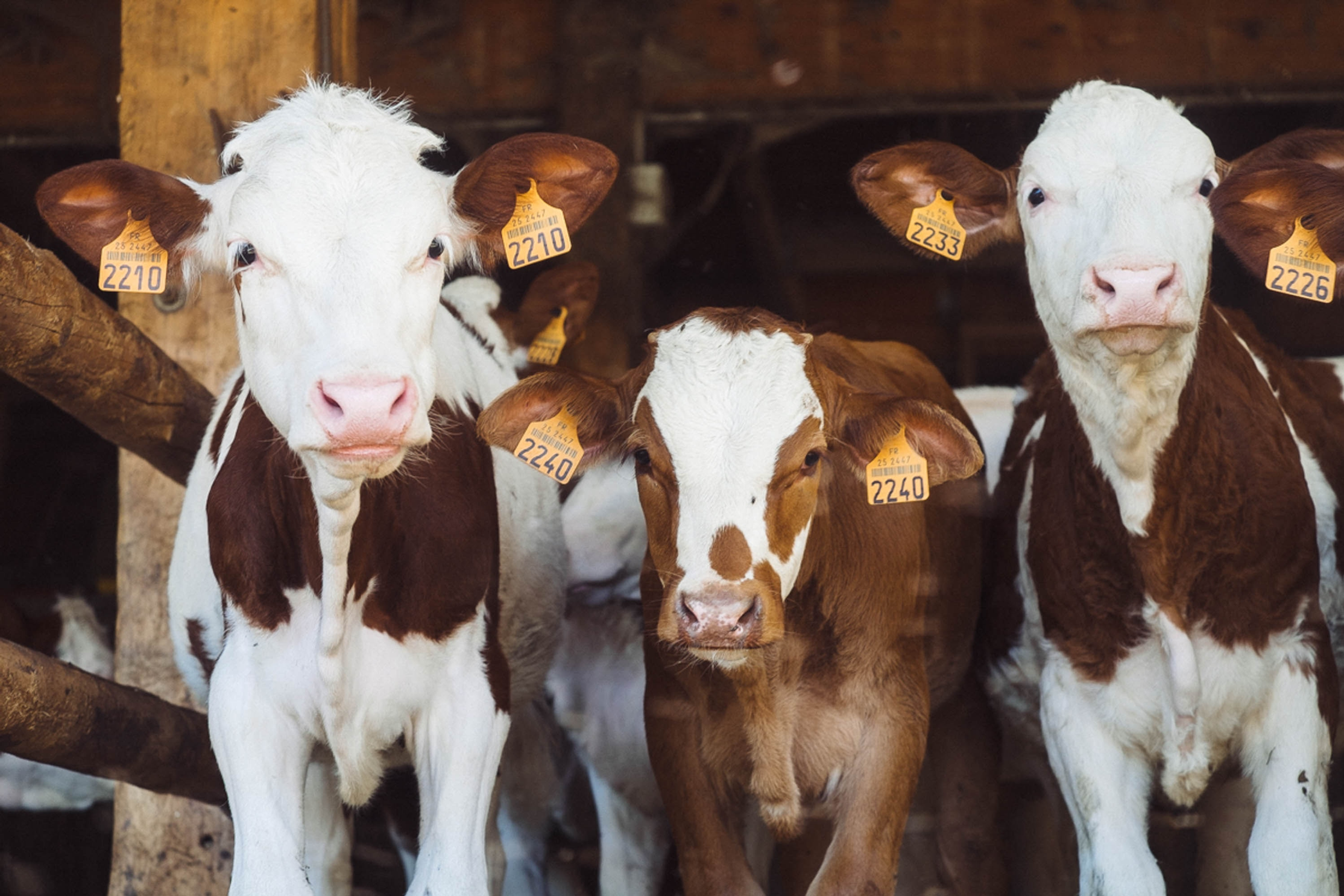Recent reading into the complexity of modern slavery started a debate over a Friday bottle of wine in our house, and, having heard the criteria, a friend questioned whether many farmers in this country could be defined as modern slaves.
Contentious! According to Anti Slavery International, there are over 40 million people in modern slavery around the world, including tens of thousands of people in the UK. Someone is in slavery if they are:
· forced to work – through coercion, or mental or physical threat;
· owned or controlled by an ’employer’, through mental or physical abuse or the threat of abuse;
· dehumanised, treated as a commodity or bought and sold as ‘property’;
· physically constrained or have restrictions placed on their freedom of movement.
These criteria seem too extreme for our farming community, but let’s break this down a little, looking specifically at physical constraint/freedom of movement.
Think about your own family and friendship groups. For many farming families, community ties are incredibly strong. As a young person, the choice to leave farming may also mean losing your home (and the ongoing security of the family farm), having to move away from your friends and family due to lack of alternative employment options, and the significant emotional impact of making the choice not to continue the family farming business.
Research shows us that the average age of a UK farmer is now over 60. For some farms, those with strong commercial viability, farm managers can be employed, but many small family farms don’t have the size or economic viability to enable this (60% of all holdings farm on 50 hectares or less). Farming is a vocation, a passion and runs deep within communities who have lived on the same landscape for generations. To choose to walk away from the family farming business can be an emotional and practical minefield for many young people.
Conversely, those who choose to enter farming as a vocation face significant barriers. Since 2005 the cost of land has more than doubled, with farmland now costing about £10,000 per acre (Landworkers Alliance). The popularity of second home ownership has pushed much traditional farm housing to the point of unaffordability, without an influx of new farming families.
So, let’s think again about modern slavery. Young people staying within the family farming business face a future of restricted freedom of movement due to farming responsibilities (cows need milking twice a day, the land needs to be worked). Homes may be lost if the farm isn’t viable, which, in an uncertain and challenging economic climate adds great pressure. It’s probably no surprise that farmers are one of the highest risk groups for suicide. The NFU comments that a combination of high farm costs and low prices have left many “under extreme financial pressure and fearing for the future of their dairy businesses”.
There’s an interesting article here which comments on the viability of the dairy industry. Whether a farm is making money or losing it, you can see that the margins in play are negligible. If you’re a farmer who’s inherited the family business, has dependents, recently took out a loan for a new milking parlour and is dealing with a large single customer who is telling you they need to cut costs, it might feel very much like slavery.





